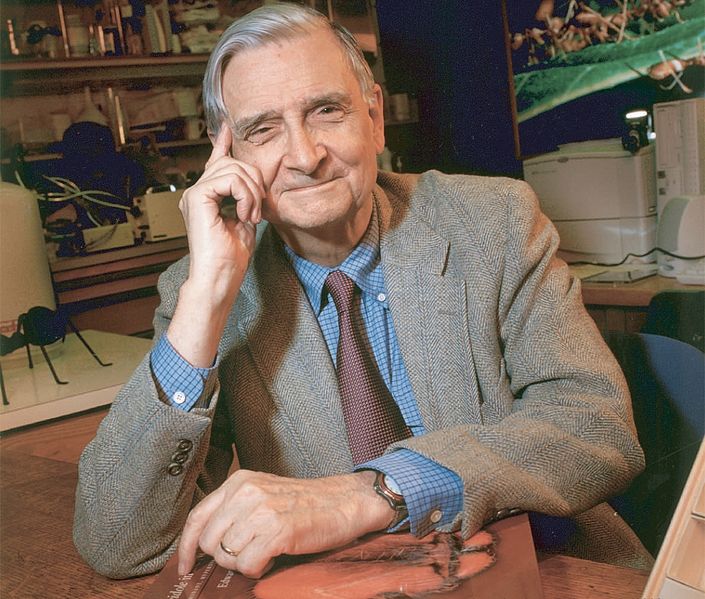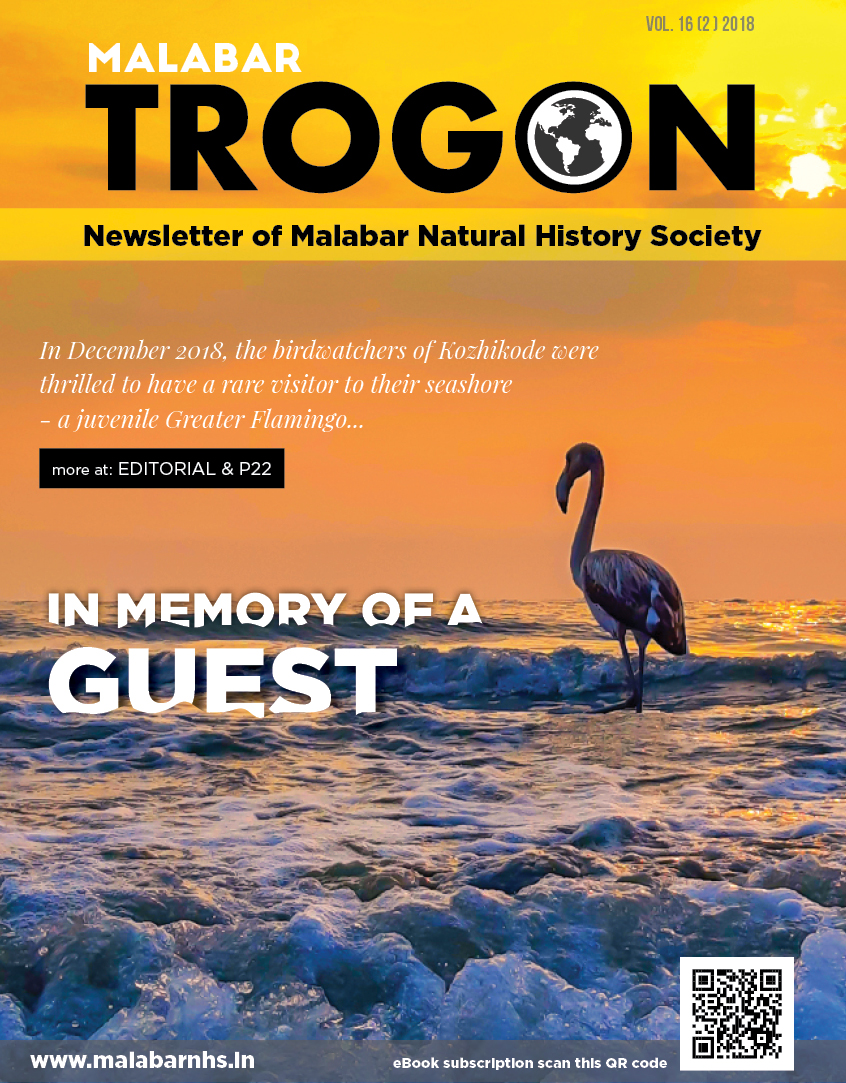In December 2018, the birdwatchers of Kozhikode were thrilled to have a rare visitor to their seashore – a juvenile Greater Flamingo. This was widely reported in bird and nature related social media groups. The newspapers and TV channels also gave ample publicity to this unusual guest. But, unfortunately, the story was destined to end as a tragedy: the flamingo was attacked by some unscrupulous youngsters who threw stones and sticks at it. It was relentlessly chased by stray dogs also and was wounded fatally. Though veterinary aid was given, the bird could not be saved. Saddened by the unexpected turn of events; nature lovers, environmentalists and students throughout Kerala held protest marches and meetings.

It is true that now there are a lot more nature lovers
than before, who are armed with better tools to document, interact and communicate. But, they still constitute a small minority. The majority of the population remains unconcerned about nature except when it directly affects them in the form of a natural calamity. Naturalists know about ‘environmental ethics’, but the general public needs to be made aware of this as well.
The problems created by stray dogs always attract media attention. But generally, nobody is willing to look into the real cause – generation of garbage and the failure of the local administration to process the accumulated garbage on which the dogs thrive. With such a vast and steady source of food available, the dog population is bound to increase. Unless and until each household recognizes that it is their responsibility to minimize the generation of garbage and wisely dispose the waste they produce, this problem will persist; killing or sterilizing a few dogs will not help in the long run.
Edward O Wilson, the great biologist and thinker, defines biophilia as ‘the innate tendency to focus on life and lifelike processes’. The Biophilia hypothesis, which he proposed in 1984, also suggests that ‘there is partly genetic basis for human’s responsiveness to nature’. His optimistic conclusion is that when we come to understand other organisms, we will place a greater value on them, and on ourselves.
So, probably empathizing with nature may be the only way to have a peaceful coexistence for human beings and other organisms.
